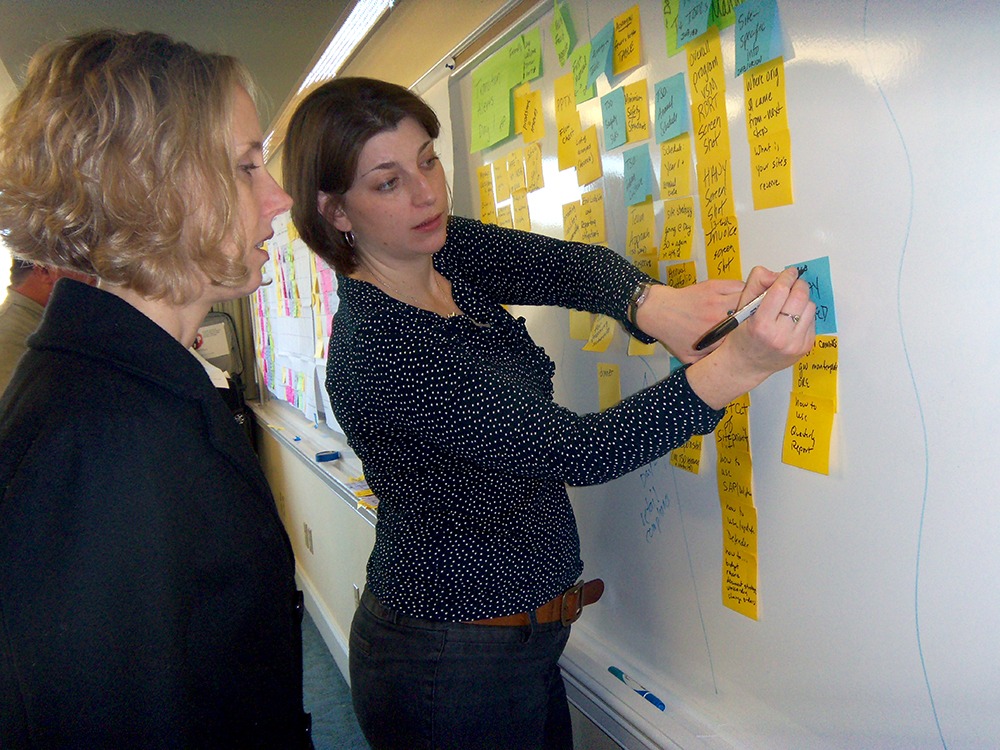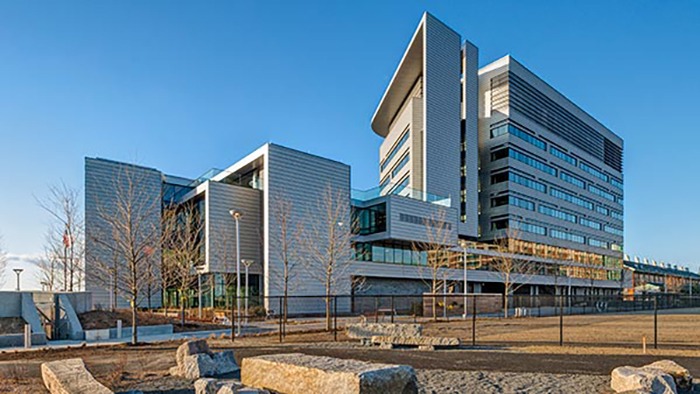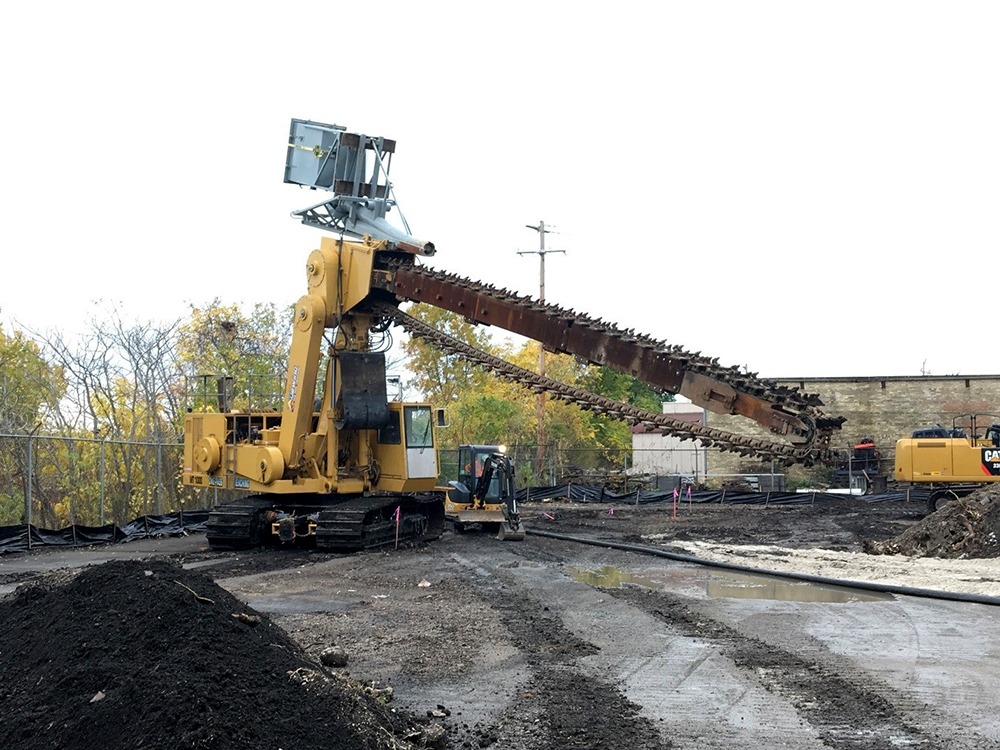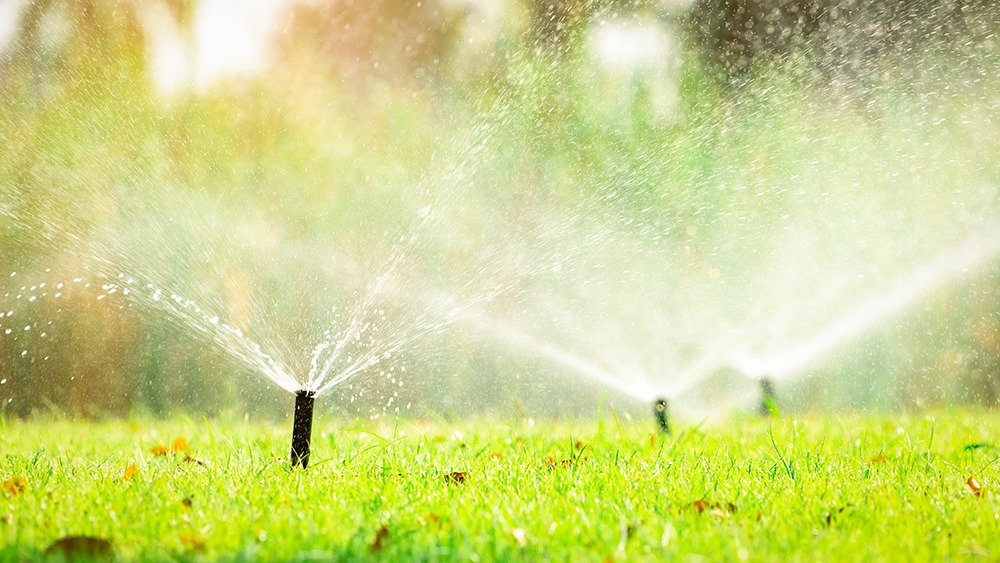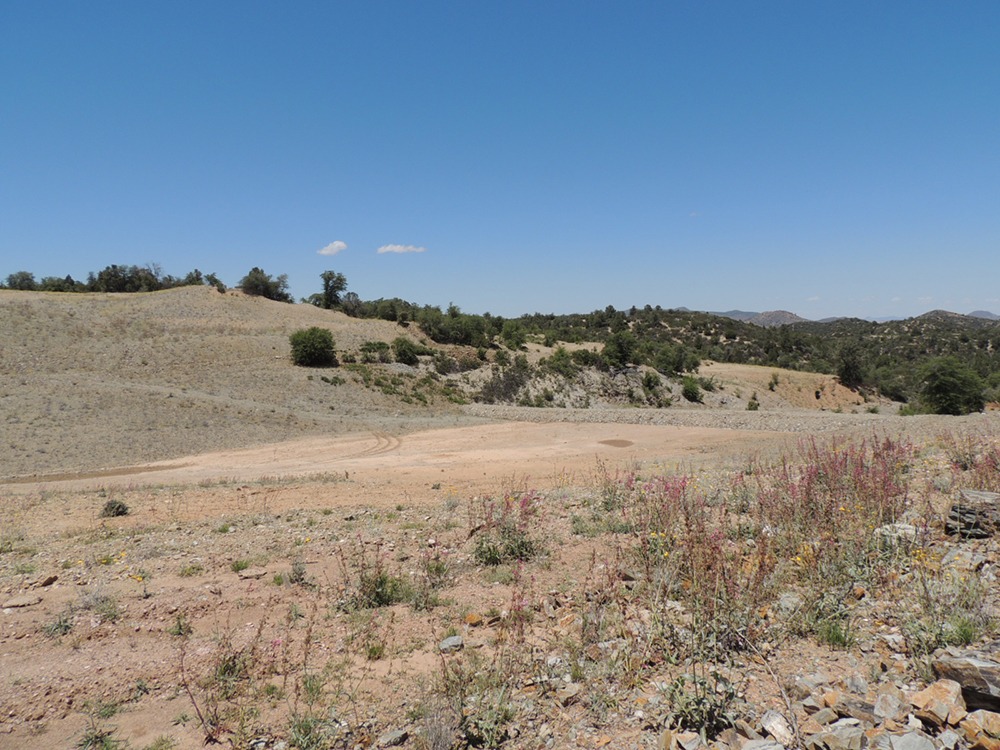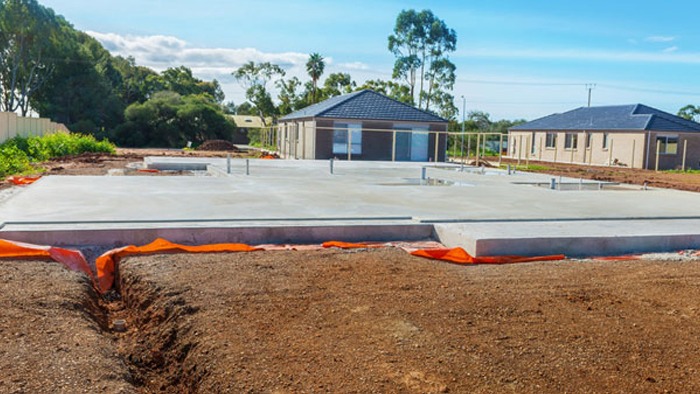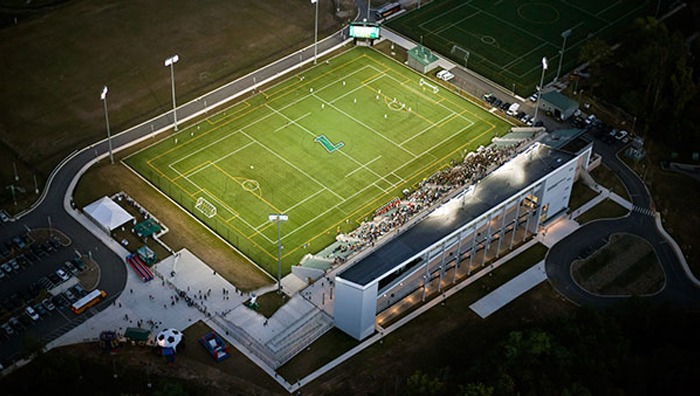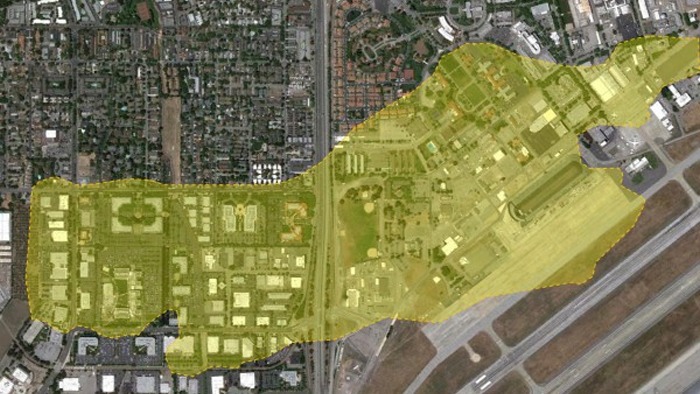
Steel and Foundries
Manufacturer keeps operating during protected habitat remediation thanks to our permitting expertise
7 months
delay avoided by completing work outside bat mating season
Summary
- A metal alloys producer had to clean up soil impacted by polychlorinated biphenyls (PCBs) on its property and on adjacent, separately owned wetlands containing protected wildlife habitat.
- The cleanup — mandated by the New Jersey Industrial Site Recovery Act — involved obtaining state and local permits, coordinating with the U.S. Environmental Protection Agency (EPA), and getting permission from the next-door site’s owner.
- Haley & Aldrich streamlined this process, moving quickly to develop a good working relationship with the owner and an ecological consultant, as well as to secure permits and get approval for remedial plans in time for work to finish before bat mating season began.
- Our team also coordinated with the client’s staff to safely avoid shutting the melt shop, even though it was near the remediation area.
Client Challenge
The New Jersey Industrial Site Recovery Act mandated that a specialty metal alloys producer clean up soil impacted by PCBs on its property. The mandate also required that our client remove PCB-impacted soil from a third-party-owned adjacent site, a deciduous wetland that contained a protected turtle and bat habitat. The New Jersey Department of Environmental Protection (NJDEP) required that work at the site occur outside the bat mating season, which spanned seven months each year. The wetland cleanup involved obtaining state and local permits, coordinating with the EPA, and gaining permission to work on the adjacent property from the owner, who had been historically reluctant to grant access.
This cleanup phase was the final piece of a more extensive environmental liability dating back to 1990. The off-site liability was a significant concern for our client, who wanted the obligation off its books before the start of another bat mating season, making it critical to obtain all permits and access to the off-site property within a tight timeframe. In addition, the wetland remediation area was only accessible from our client’s property, and our client needed to keep facility operations running during the remediation activities. The client called on Haley & Aldrich for our team’s historical knowledge of the site from previous work, as well as our permitting expertise and ability to communicate effectively with stakeholders at local, state, and federal levels.
Our approach
The Haley & Aldrich team communicated often with the owner of the adjacent wetland property and developed a positive working relationship with the owner’s ecological consultant. We then worked closely with the consultant to obtain approval for the cleanup and restoration plan.
We also worked quickly to establish strong connections with the appropriate township officials to understand and navigate the soil moving permit process. soil. Our staff also worked closely with NJDEP to ensure the state permit application properly addressed NJDEP’s concerns regarding the protected turtle and bat habitat to avoid delays. We simultaneously submitted a Remedial Action Workplan to NJDEP and a Self-Implementing PCB Cleanup and Disposal Plan to EPA. Our staff also communicated frequently with EPA and local authorities. As a result of our efforts, we received approval to proceed with remediation before bat mating season began.
“Our client’s business demands their full attention and focus, and they trust us to complete environmental projects without distraction to senior management or interruption to core operations. The PCB soil cleanup was completed without issue according to plan, on time, and within established budget.”
Amy Murphy, Haley & Aldrich
The Haley & Aldrich team also coordinated with facility staff to avoid impacts to operations in the melt shop, which was close to the remediation staging area used for materials, equipment, and cleanup access. Ultimately, our team successfully removed the PCB-impacted soil from the wetland habitat prior to bat mating season and in accordance with EPA, NJDEP, and local requirements. As a result, the site’s owners are on track to meet their regulatory deadline, and operations at the facility never shut down throughout the process.
Value delivered
- Completed complex remediation project for specialty alloy manufacturer site without shutting down operations
- Obtained permits in time to complete PCB soil excavation work outside of bat mating season, avoiding a possible seven-month delay and additional cost
- Successfully completed wetland habitat restoration in accordance with local and state permit requirements
For more information, contact:

Senior Client Account Manager

